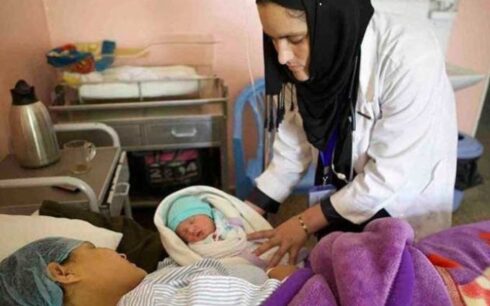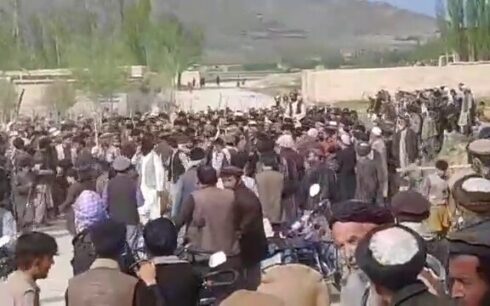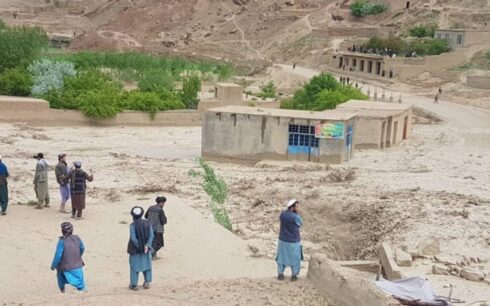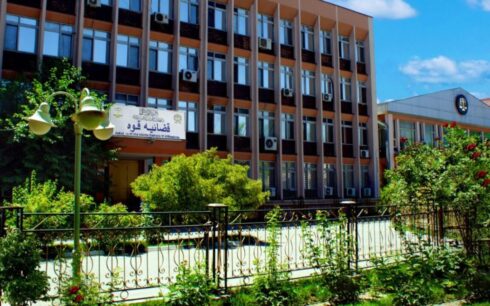Amnesty International has reported that the Taliban is increasingly restricting women and girls in Afghanistan, effectively attempting to erase their presence from public life. Amid a worsening humanitarian crisis and economic instability, Afghans are experiencing extreme repression and human rights violations, the report states.
The report, released in collaboration with the International Commission of Jurists (ICJ), highlights the Taliban’s severe restrictions on women’s and girls’ rights, including arbitrary arrests, enforced disappearances, torture, and other ill-treatment.
In April, the Taliban expanded employment bans for women to include positions at the UN, complicating efforts to deliver humanitarian aid. According to the report, women remain barred from most public sector jobs, except in specific areas like healthcare, primary education, or certain security roles at airports and women’s prisons. Women are also prohibited from appearing in public alone or traveling more than 72 kilometers without a male guardian.
International calls have been made to investigate these acts of gender persecution as crimes against humanity. The space for freedom of expression and the media in Afghanistan has continued to shrink drastically. In March, at least two journalists were reportedly killed in a bomb attack, and dozens more have been arbitrarily arrested and harassed for reporting critically on the Taliban or breaching their regulations. Between August 2021 and August 2023, at least 64 journalists were detained by the Taliban.
The report also notes that more than 80% of women journalists ceased working due to the increased restrictions during the same period. Additionally, it states that unlawful and excessive force has been used against peaceful protests, many led by women, with arbitrary arrests and enforced disappearances of protesters continuing. Many protests have subsequently moved to online platforms.
Religious minorities in the country, including Shia, Sikhs, Hindus, Christians, Ahmadiyya, and Ismaili, continue to face marginalization, prejudice, and discrimination. The Taliban has imposed restrictions on religious events and celebrations, citing security reasons, including on the Ashura commemoration in July 2023.
Ethnic groups such as Hazara, Uzbek, Turkmen, and Tajik communities are facing increased marginalization and forced evictions from their homes and lands. The report also cites instances where members of the Baloch community were detained and forcibly disappeared.
According to Amnesty International, the Taliban has resolved disputes over land and livestock in favor of Kuchi communities, who are ethnically Pashtun and nomadic, forcing local Hazara communities to pay compensation for cases involving missing livestock dating back over 20 years.





